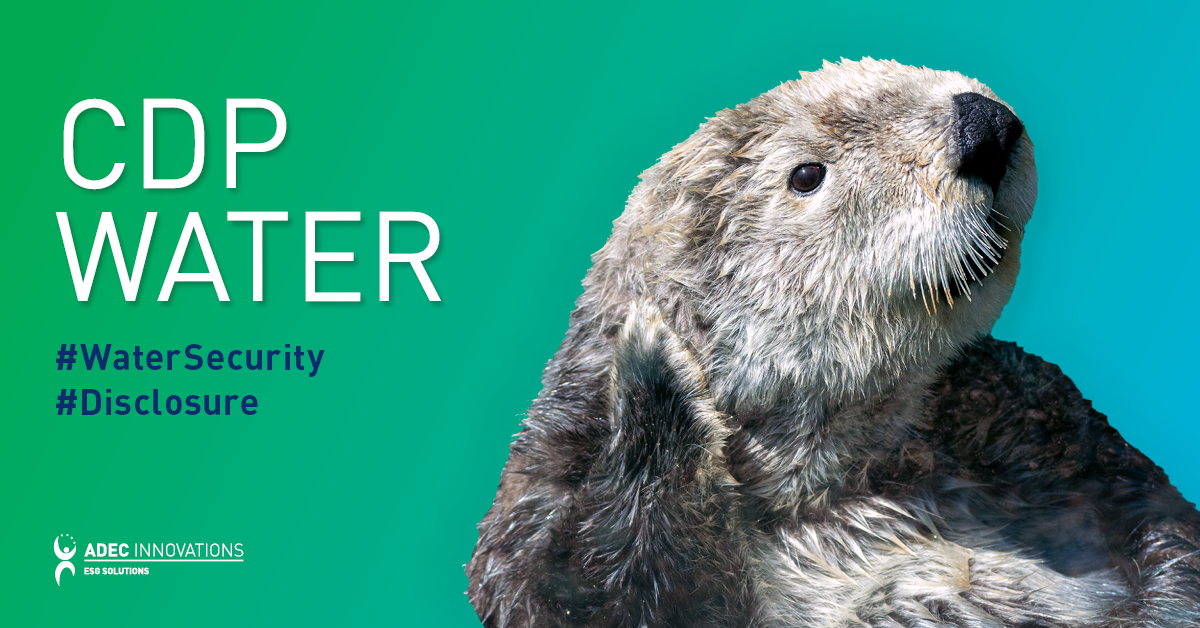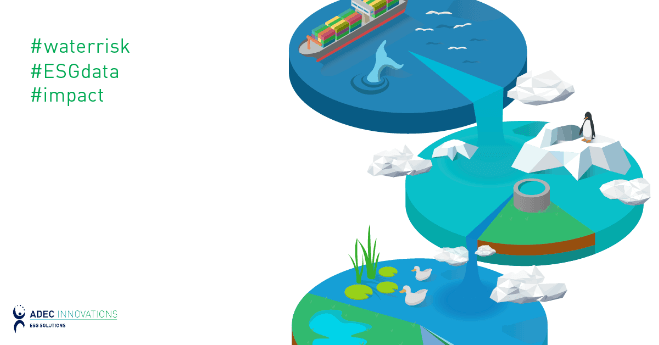Groundwater is a fundamental segment of the Earth’s water resources. About 25% of the planet’s overall fresh water supply, while surface water stored in rivers, lakes and soil moisture accounts for less than 1%. Groundwater and surface water are often closely interconnected, so when surface water becomes polluted, groundwater can become contaminated as well.
In April 2016, China’s Ministry of Water Resources released a report claiming that more than 80% of underground water is contaminated, most likely from industrial pollution. Further, several scientific studies have pointed to land development and human activities as the main threats in decreasing the quality and availability of groundwater.
Where does groundwater pollution come from?
Sources of groundwater contaminants are categorized into point sources and non-point (distributed) sources.
Point sources:
- on-site septic systems
- leaky tanks or pipelines containing petroleum products
- municipal landfills
- livestock wastes
- industrial/factory wastewater
Non-point sources:
- fertilizers on agricultural land
- pesticides on agricultural land and forests
- contaminants in rain, snow and dry atmospheric fallout
Common contaminants and their effects
Common contaminants found in groundwater may have severe effects on human health and the environment:
Nitrates
The Environmental Protection Agency (EPA) sets the drinking water limit of nitrate-nitrogen concentration at 10 mg/L. High levels of nitrates may be harmful to pregnant women and children, and is cited as a potential cancer risk.
Microbes
Water containing fecal material may seep into the groundwater from contaminated surface-water bodies, urban runoff, and improperly constructed sanitary landfills. Water-infected fecal material may contain high traces of bacterial, viral, or protozoan pathogens.
Pesticides
Pesticides taint surface and groundwater sources as runoff from crops, golf courses, and suburban and urban areas. The EPA has established standards for public water systems to guard against pesticides.
Volatile Organic Compounds (VOCs)
VOCs are found in products such as fuel oils, gasoline, solvents, paints, and refrigerants. When VOCs are spilled, they partially dissolve in the air, while the rest of the chemical leaks into the ground, tainting groundwater. Exposure to VOCs and heavy metals may increase the risk of cancer in humans.
Road Salts
Road salts are used to reduce ice formation and prevent slippery roads during winter. When snow and ice melt, the resulting water washes away the salts, which often end up in wetlands. Salty surface water can affect how freshwater organisms regulate the fluid that passes in and out of their bodies.
Best practices for groundwater management
Contaminated groundwater is expensive to clean as current technology is not yet sufficient to address water pollution. Prevention is the most practical solution. Here are three methods for effective groundwater management practices.
- Landfills should be properly designed, maintained, and operated. Sites should be located away from sensitive groundwater areas. Hazardous wastes should be banned unless the landfill is properly designed and monitored against dangerous levels of bacteria, organic chemicals, metals, and nitrates.
- Underground storage tanks should be able to meet regulatory compliance policies on their installation and maintenance. A leak backup containment device should be in place in case of spills. Unused tanks should be removed or filled with inert material.
- Pipelines should be properly installed, regularly inspected and maintained against corrosion, defective welds, and displacement caused by tree roots and vibrations from heavy vehicles.
- Deep Groundwater should be regularly tested and inspected, especially in urban areas that rely on it as a major source of water.
Groundwater contamination is a serious global problem. Water scarcity puts lives at risk. In addition, many industries rely on water as a resource, which means water contamination threatens their supply chains. Governments bodies, businesses, and communities should all take necessary action to protect this valuable resource.
ADEC ESG is a leading social and environmental sustainability solutions provider to businesses and governments around the globe. Our water management experts help organizations across industries understand, inventory and improve the role water conservation plays in their success. To stay current on global water issues, subscribe to our monthly newsletter, GreenWatch.




